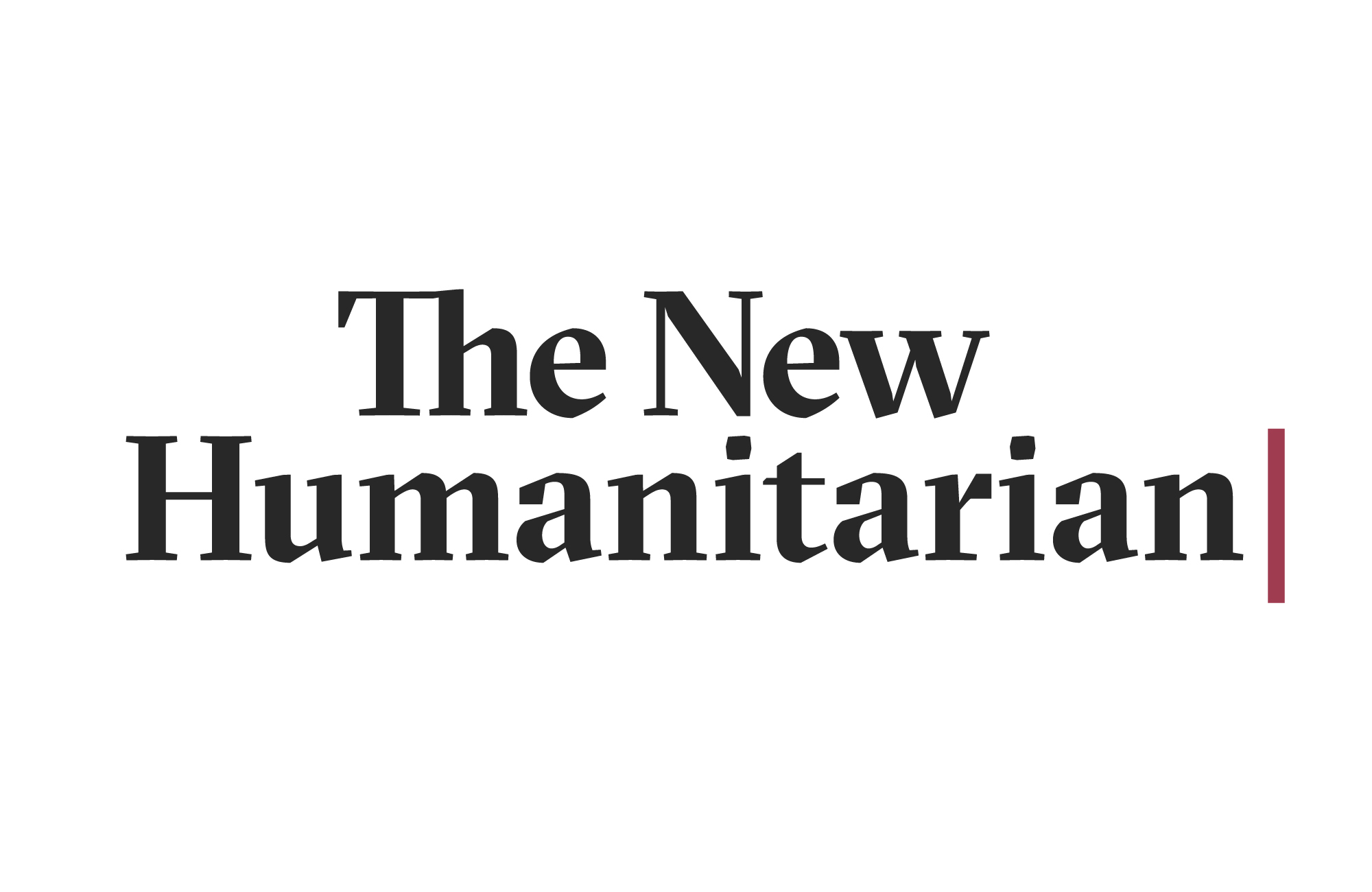IRIN becomes The New Humanitarian | 21 March 2019
Geneva, 21 March 2019
IRIN, a nonprofit newsroom reporting from the heart of conflicts, disasters, and other humanitarian crises, launched a new brand identity today: The New Humanitarian
First founded as an information department of the UN in 1995, IRIN became a fully independent media organization in 2015. It is one of only a handful of newsrooms in the world specializing in the coverage of crises and disasters, as well as reporting on the aid industry.
The new name, The New Humanitarian, reflects the profound shifts impacting the world today, on some of the biggest stories of our time. New threats like climate change, longer-lasting conflicts, and global refugee movements are prompting new approaches and new players in the field of crisis response.
The New Humanitarian will chronicle this changing landscape.
“This isn’t just a name change,” said Heba Aly, director of The New Humanitarian. “It is a commitment to examine what humanitarianism means in the modern era and speak to a wider audience of people – ‘new humanitarians’ – interested in making the world more humane.”
As a digital-first news service, The New Humanitarian’s redesigned website surfaces a greater variety of more relevant content for readers and highlights TNH’s signature in-depth coverage of complex issues, such as militancy and aid financing.
Yet it remains deeply committed to IRIN’s original mission to inform crisis prevention and response, by investigating the root causes of conflict and disaster, holding the powerful to account, and amplifying local voices and solutions.
“At its heart, all our coverage centers on and is rooted in one issue: the 130+ million people in need of humanitarian aid around the globe,” said Executive Editor Josephine Schmidt.
Over the course of 2019, The New Humanitarian’s plans include:
- Keystone coverage packages: These rich multi-media features, such as “10 Crises to Watch”, set the agenda for policy- and decision-makers, with a resource page and in-person or online discussions to provide key takeaways from the reporting.
- Quarterly events: In Geneva and other locations, as well as through online webinars and live-streamed discussions, The New Humanitarian will offer more opportunities for readers to engage with its editors and leading decision-makers from government, civil society, academia, and the private sector.
- Investigations: The New Humanitarian has strengthened its commitment to investigative reporting, with the recruitment of a new Investigative Editor, Paisley Dodds, a veteran of the Associated Press. She will lead coverage that aims to increase accountability and transparency in humanitarian response.
The New Humanitarian produces journalism that is accessible enough to inform a general readership interested in world affairs while providing the insight and context valued by professionals in the aid sector. It is a must-read on the crises shaping the world today.
“As journalists, we have an important role to play in serving globally-minded people who want to understand and engage with the world around them,” said Aly. “We seek to build on our historical audience of decision-makers and practitioners in the humanitarian sector by taking the urgency and importance of these issues to a much wider audience.”
The New Humanitarian press-release
